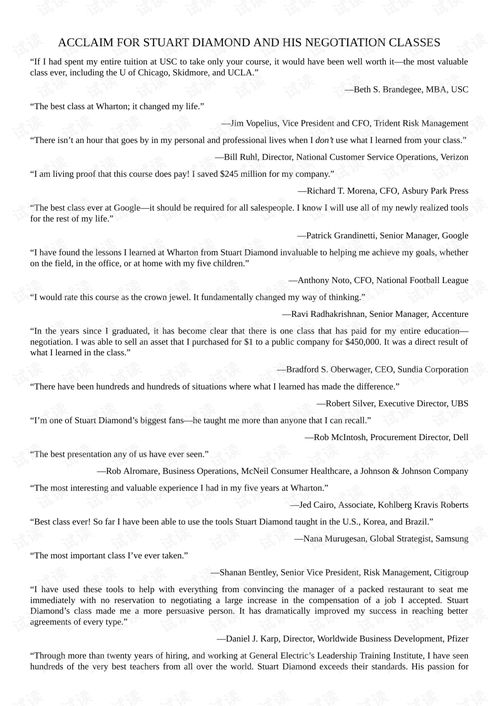Understanding SEO

Search Engine Optimization (SEO) is a crucial aspect of online marketing that can significantly boost your income. By optimizing your website for search engines, you can attract more organic traffic, which in turn can lead to increased sales and revenue. In this article, I’ll guide you through various dimensions of making money through SEO.
Keyword Research

One of the first steps in SEO is conducting thorough keyword research. This involves identifying the terms and phrases that your target audience is searching for. Tools like Google Keyword Planner, SEMrush, and Ahrefs can help you find relevant keywords with high search volume and low competition. Once you have a list of keywords, integrate them naturally into your website’s content, meta tags, and URLs.
On-Page Optimization

On-page optimization refers to the process of optimizing individual web pages to rank higher and earn more relevant traffic in search engines. This includes optimizing your title tags, meta descriptions, headers, and images. Ensure that your content is high-quality, informative, and provides value to your readers. Additionally, make sure your website is mobile-friendly, fast-loading, and has a clean, user-friendly design.
Off-Page Optimization
Off-page optimization involves activities that take place outside of your website to improve your site’s ranking. One of the most effective off-page optimization techniques is building high-quality backlinks. You can acquire backlinks by guest posting on reputable websites, engaging in collaborations, and participating in industry forums. Remember to focus on acquiring backlinks from authoritative and relevant sources.
Local SEO
Local SEO is essential if you’re targeting a specific geographic area. By optimizing your website for local search, you can attract customers who are searching for your products or services in your vicinity. This involves creating a Google My Business listing, optimizing your website for local keywords, and encouraging customers to leave reviews. Local SEO can be a great way to boost your income, especially for businesses with a physical location.
SEO for E-commerce
For e-commerce websites, SEO is crucial for driving traffic and increasing sales. Start by optimizing your product pages with relevant keywords, high-quality images, and detailed descriptions. Implement structured data markup to help search engines understand your product information better. Additionally, consider using SEO-friendly URLs, optimizing your site’s navigation, and creating compelling product categories.
SEO for Content Marketing
Content marketing is a powerful tool for driving traffic and generating leads. By creating valuable and informative content, you can attract and engage your target audience. Optimize your content for SEO by incorporating relevant keywords, using headers and subheadings, and including internal and external links. Regularly publish high-quality content to keep your audience engaged and improve your website’s search engine rankings.
SEO Analytics
Monitoring your SEO performance is crucial for understanding what’s working and what needs improvement. Use tools like Google Analytics and Google Search Console to track your website’s traffic, keyword rankings, and user behavior. Analyze your data to identify areas for improvement and adjust your SEO strategy accordingly.
SEO for YouTube
YouTube is a powerful platform for generating income through SEO. By creating high-quality video content, optimizing your video titles, descriptions, and tags, and promoting your videos through social media and other channels, you can attract a large audience. Monetize your videos by enabling ads, sponsorships, and affiliate marketing.
SEO for Podcasts
Podcasts have become a popular medium for content consumption. By creating engaging and informative podcast episodes, you can attract a loyal audience and generate income through sponsorships, affiliate marketing, and merchandise sales. Optimize your podcast for SEO by using relevant keywords in your titles, descriptions, and tags, and promoting your podcast on social media and other platforms.
SEO for Social Media
Social media can be a powerful tool for driving traffic and generating leads. By optimizing your social media profiles, using relevant hashtags, and engaging with your audience, you can increase your visibility and attract more followers. Use SEO techniques to optimize your social media content, such as using compelling titles, engaging visuals, and incorporating relevant keywords.
SEO for Voice Search
With the rise of voice assistants like Amazon Alexa, Google Assistant, and Apple Siri, optimizing for voice search has become increasingly important. To optimize for voice search, focus on providing concise, informative answers to common questions. Use long-tail keywords and natural language in your content to improve your chances of ranking for voice search queries.
SEO for Mobile Devices
With the increasing number of mobile users, optimizing your website



